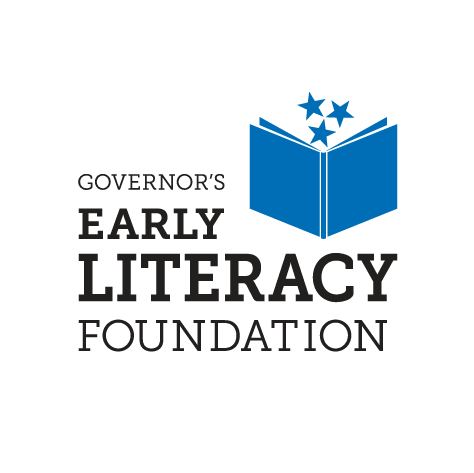Adverse Childhood Experiences (ACES) have recently been a key focus in studying early childhood development and its long-term effects on a child’s life. Chronic childhood trauma, or what experts call adverse childhood experiences (ACEs), can disrupt a child’s brain-building process. ACEs are toxic to brain development and can compromise the brain’s structural integrity. Left unaddressed, ACEs and their effects make it more difficult for a child to succeed in school, live a healthy life and contribute to the state’s future prosperity — our communities, our workforce and our civic life.
Impact of ACES
The CDC-Kaiser Permanente Adverse Childhood Experiences (ACE) Study, one of the largest investigations of childhood abuse and neglect and their effects on life-long health and well-being, found that the greater the exposure to things such as domestic violence, addiction, depression in early childhood, the greater the risk for later-life problems such as higher risk for chronic illnesses, poverty, depression and addictive behaviors.
How ACES Can Be Prevented: The Role of Reading & Positive Experiences
However, this research shows that ACES can be prevented. One of the key prevention strategies is to ensure a strong start for children by providing preschool enrichment, family engagement and practices that help build a child’s brain in the earliest years. Reading is an activity that provides “serve and return” interactions that help shape a child’s brain.
“Serve and return” interaction is the back-and-forth process that is fundamental to the wiring of the brain, especially in the earliest years. Serve and return interactions help parents create a safe and secure environment for infants, and they help infants build a realization that they’re being taken care of and understood. Nonverbal cues like eye contact, cooing, crying and listening are a baby’s “language” to express needs, wants and feelings. When parents respond to their baby’s gestures, they are building the very architecture of their brain, determining the foundation for future language, communication and relationship development while providing a positive experience that can prevent ACES.
Building Strong Brains: Tennessee ACEs Initiative is a major statewide effort to establish Tennessee as a national model for how a state can promote culture change in early childhood based on a philosophy that preventing and mitigating adverse childhood experiences, and their impact, is the most promising approach to helping Tennessee children lead productive, healthy lives and ensure the future prosperity of the state.Click here for an ACES presentation on Tennessee data.
Governor’s Early Literacy Foundation promotes family engagement around reading by providing children and caregivers with high-quality literacy resources and books. By promoting the importance of reading with young children, we hope to provide positive experiences for a child’s development and bonding opportunities for families.




